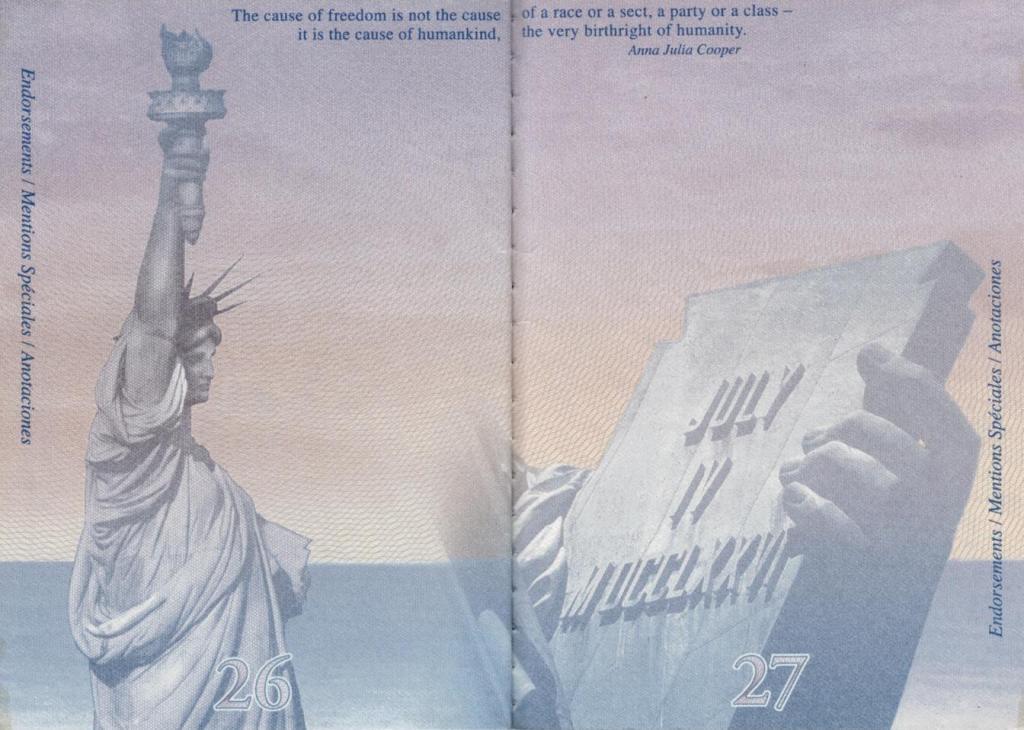What is a reading group?
A reading group is an event in which everyone reads and discusses a short essay together. Groups can start with our think-pair-share exercise below. Plus, we have discussion questions. (We based this activity on similar programs, such as the Big Read & the One City One Book.)
Registration for reading groups is not required, but we’d love to hear from anyone interested in hosting a local event!
Attention teachers! We have lesson plans & teaching guides to share on our teaching page!
How to use this guide
- Read the excerpt from “Woman vs. the Indian.”
- Browse the list of key words and topics.
- Read the discussion questions below.
- Start your discussion with the think-pair-share exercise below.
Want to learn more about Cooper?
- Short biography of Cooper
- Perspectives on Cooper, by two leading Black women thinkers
- Browse additional Cooper resources.
Get ready with think-pair-share
Prepare for your discussion with think-pair-share. This exercise can be completed in ten minutes and helps ensure a rich discussion. (Hint: use a timer and be strict about timing!)
Think (3 minutes)
Give everyone an index card or piece of paper. Write down quick responses to the questions. Do not worry about getting to all of them.
Pair (4 minutes)
Turn to the person next to you. Take 2 minutes each to say what you wrote down.
Share (3 minutes)
All pairs should form into groups of 4 people. Share the highlights of your disussion in pairs. What were your strongest reactions or ideas? Did you have any thoughts, feelings, or reactions in common?
Get started!
After this exercise, people are usually more than ready to talk with the larger group. Ask one of the groups of 4 to share the highlight of their brief conversation to get the discussion started. And away you go!
Key words & topics
Key words: Suffrage, Feminism; Activism; Universal Rights; Humanity; Voice; Democracy
Topics: African American History; American History; Civil Rights; Voting Rights; 19th Amendment; Reconstruction; Black Women’s Writing and Organizing; African American Literature; Education
Discussion Questions
Getting to know the essay
- How would you describe Cooper’s tone and style?
- What does the first paragraph tell us? What does Cooper argue?
- Did any sentences or parts of the essay leap out at you? Why?
- How does Cooper use racial stereotypes as part of her rhetorical strategies?
Women’s rights during Cooper’s life
- What did Cooper see as the role of the women’s movement?
- How did race impact the women’s movement?
- How does Cooper challenge traditional definitions of womanhood?
- What does Cooper tell us about the needs and concerns of Black women?
Connecting the essay to today
- What parts of this essay still apply today?
- Can you connect any of Cooper’s ideas to your community, school, or experiences?
- What would Cooper say today about any of these issues?
- How can we apply the lessons of this essay to movements today such as Black Lives Matter, #MeToo and #SayHerName?
Bonus
Cooper in US passports
The US government added a quote by Anna Julia Cooper to our passports. What do Cooper’s essay, quote, and ideas teach us about democracy?

Douglass’s message for Cooper
Frederick Douglass signed an autography album owned by Cooper with the quote below. How does this quote relate to Cooper’s message in the essay?
When and where I enter…
One of Cooper’s most famous lines comes from her book, A Voice from the South: “When and where I enter… the whole race enters with me.”
Take a moment to reflect on the quote. What changes when and where you enter different places? What does change? What should change? Try out a few of our versions!
When and where I enter ________, what changes?
The classroom
The mall
The metro
The classroom
The courtroom
The Senate
The White House
The conversation
The ballot box
The metro
The boardroom
The play ground
The pool
The stage
The screen
The press
The workplace
The archives
The church
Black history
American history